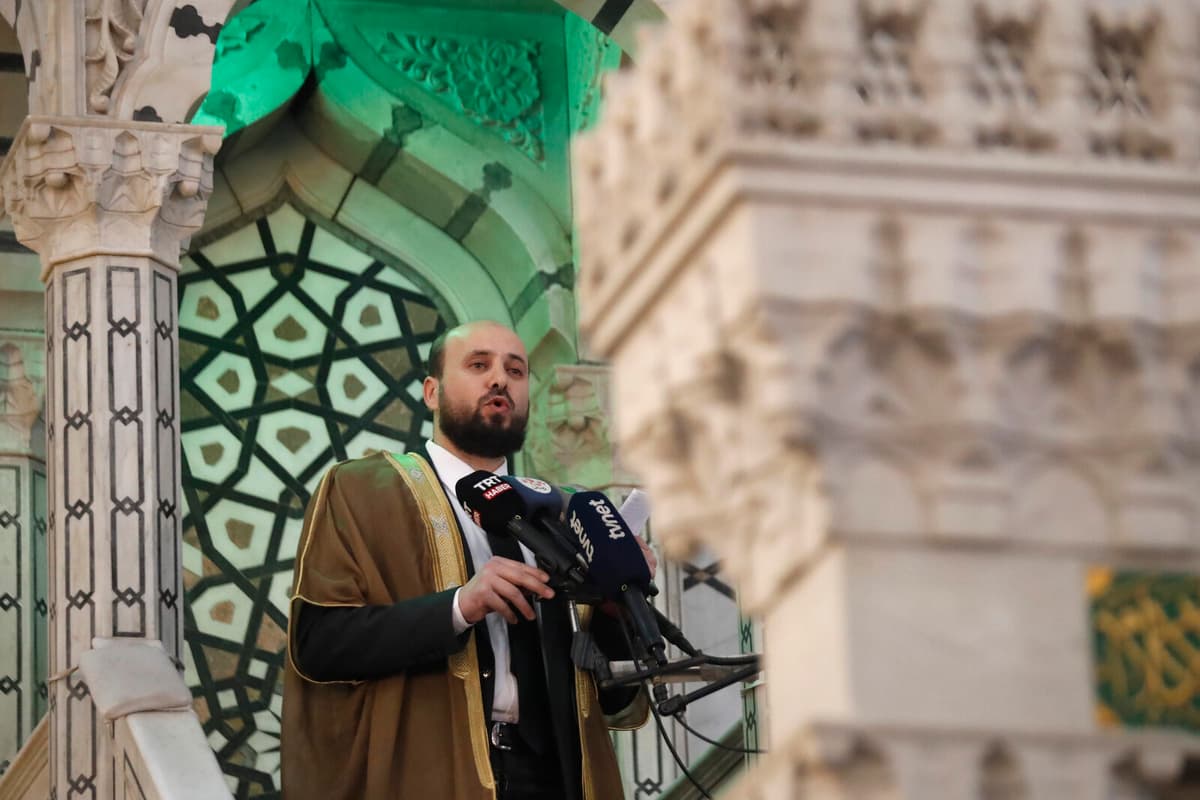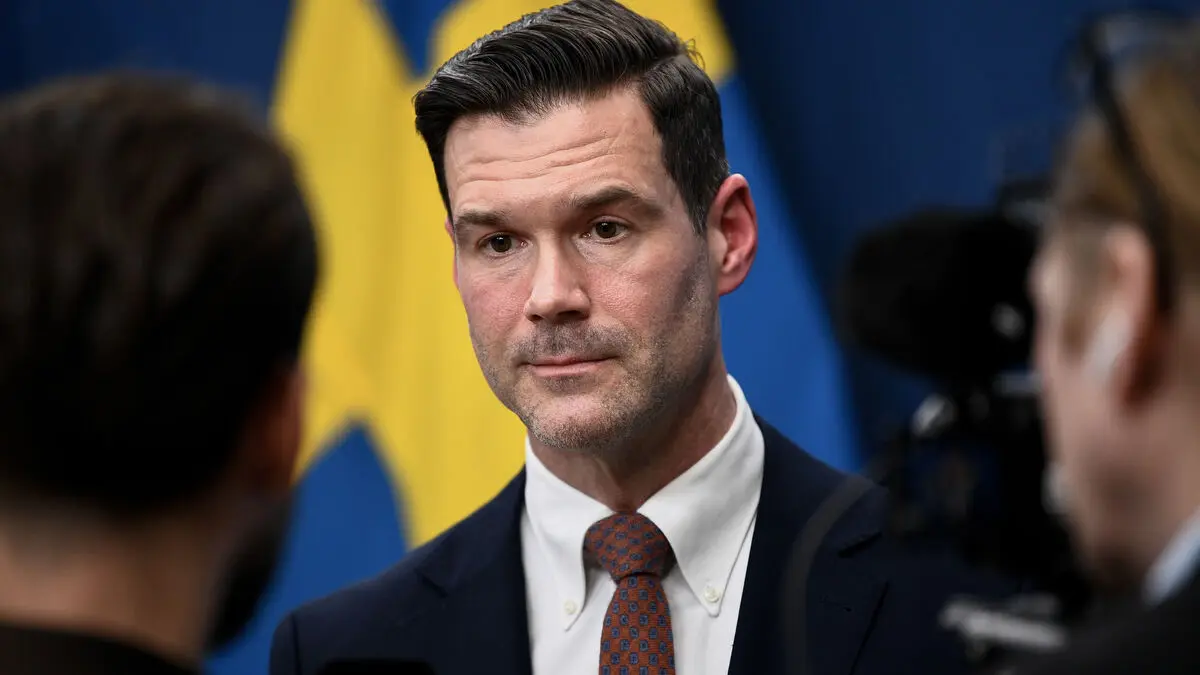Extremist Islamic regimes, such as the Taliban in Afghanistan and the "caliphate" that the terrorist movement IS partially established in several countries in the 2010s, are notorious for their oppression – girls and women are barely allowed to attend school or work, brutal "morality police" can strike at any time and anywhere, and theft can be punished by amputating a hand.
Not Persecuted
Hayat Tahrir al-Sham (HTS), which has now taken power in Syria, is also Islamist, but sends different signals. Under the regime they have led for seven years in the province of Idlib, there has been no special morality police. Alcohol has been forbidden, but residents tell The New York Times that they have not actively pursued people who still drink.
According to Orwa Ajjoub, a doctoral student at Malmö University who specializes in HTS, the most extreme elements were maneuvered out of the movement's leadership from around 2016 and onwards.
They have not imposed their view on how society should be on others, he says to TT.
Taxed Olive Oil
Ironically, the terrorist label that, among others, the UN and EU have put on HTS may have contributed to the group developing state-bearing capabilities. Being on international terrorist lists means it is difficult to receive economic support from outside. So HTS began taxing trade in Idlib, for example, by taking five percent of the olive oil produced after each harvest, reports The New York Times.
At the same time, Orwa Ajjoub believes that managing the poor and relatively small province of Idlib is not comparable to governing an entire country – something he thinks HTS clearly shows they are aware of.
I don't think they will try to copy the setup. The Idlib government was so local.
A Different Level
In Idlib, for example, there are few and small minorities, while Syria as a whole is teeming with different ethnic groups – not least the Kurds' self-governing region, known as Rojava, which covers more than a quarter of the country's area.
Ajjoub thinks the HTS leaders show that they understand it's now about "a different level". He mentions several signs of this. Among the examples are that they meet with leaders of different minorities, call on all groups to come and help rebuild, and assure the outside world that they no longer have any ties to al-Qaida and similar groups.
But to what extent the group can really leave its authoritarian traits, go from Idlib to offering pluralism and representative governance for all of Syria – that remains to be seen.






